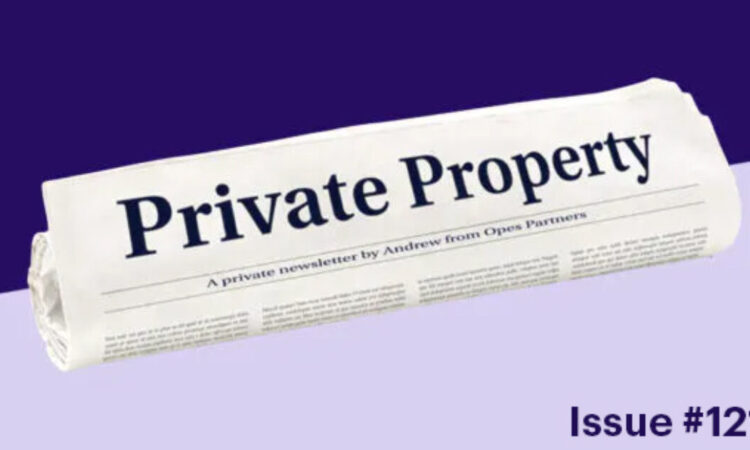
Should I just go for the floating rate, then?
Some investors will then ask: “Well, if fixing for 6 months may make sense. Should I just leave my mortgage on floating?”
The answer is ‘probably not’.
The floating rate is about 8.39%. So let’s say you leave your mortgage on floating for 6 months. And for simplicity, let’s say that the rate doesn’t change.
After those 6 months, you’d need to get a 4.86% or less for the floating rate to make sense from a cost perspective.
Interest rates probably won’t dive that far by February 2025.
So, I don’t see an argument for floating your mortgage for any sustained period.
Don’t knock the 5-year rate
Now, here’s a curveball.
Almost all mortgage advisers will tell you not to touch the 5-year rate with a barge pole.
And for most people, that’s true.
But I’m also seeing an argument for locking in for 5 years.
After all, the best 5-year rate right now is 5.69%.
If you’re someone who’s 5 years away from retirement and values certainty, a longer-term fix could make sense.
Now, I’m not saying everyone should jump on the 5-year bandwagon. Most people shouldn’t.
But your personal circumstances will impact the interest rate you choose.
So, what interest rate should I choose?
The general rule is if you think interest rates will go up, you fix for longer.
If you think rates are going down, fix it for a shorter time.
So, most people will choose to fix shorter, even though the short-term rates are currently higher than the long-term rates.
